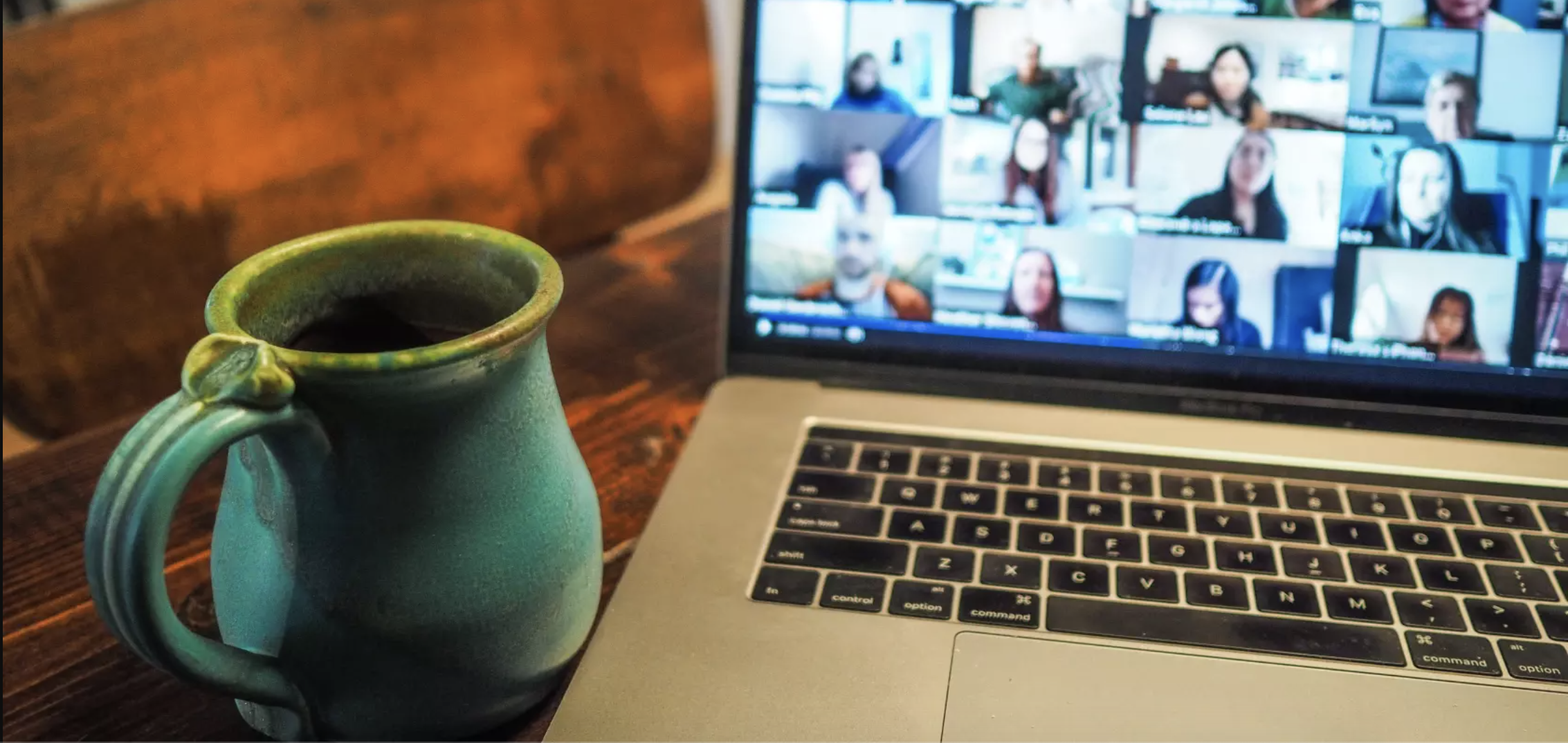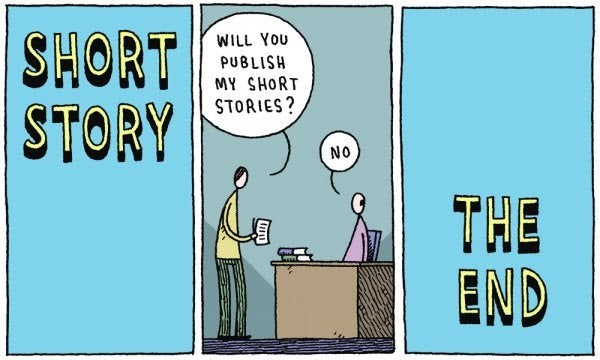Submissions are closed for the Spring 2021 issue of genesis, but there is still plenty of work to be done before we can release the next issue. Every semester, as the deadline nears, we receive a lot of submissions and we usually spend the next couple weeks reading over the last of them and discussing them. There’s still a lot to do before we can even think of trying to wrap things up.
Over the past few semesters, we’ve been receiving more art submissions than prose or poetry. It can be difficult to pick which ones to include since we receive so many different and fascinating art submissions. As of right now, there’s no art majors on staff, which proves a bit of a challenge for us when trying to narrow down our choices. While some of us have taken a few art classes and most of us understand basic things like color theory, it’s still so hard to choose between all the different styles we see. That’s what makes discussing the art so fun. With the art pieces you can see the different styles of the students, and when someone speaks up that they do or don’t want to go forward with a piece, you can see some of the artistic styles and preferences of each editor come out, which always sparks a debate between the editors.
Another thing we often get into debates about is genre fiction. I personally love writing and reading fiction, and I always get excited when I see fiction submissions. It’s not uncommon for us to dwell on some of the fiction pieces, especially if they are written about other worlds. Most of the editors really enjoy reading fiction, anything from literary fiction to sci-fi and fantasy, which is where the debates come into play. Some of us may be more well read in other aspects of fiction and it’s really enjoyable when a fellow editor points out something in a story that makes it click into place.
These click moments happen a lot during the discussions, especially if we are given the opportunity to really dissect a story and talk about every aspect about it. When we get the chance to go into details about a piece it’s a lot of fun and a learning experience for all of us. More often than not, this happens at the beginning of the semester, since the start is usually very slow. Sometimes we don’t get any submissions to talk about in our weekly meetings, so we encourage people to not wait to submit their stuff. If you think you have something that’s ready, send it in and give us time to look through it. If there’s anything that we think could improve it then submitting sooner rather than later could give us time to let you know before the deadline. Once it gets within a couple weeks of the deadline, we usually can’t afford to wait for many alterations, and only make exceptions for minor edits.
It’s also tough on us after the deadline, since we are so close to our print date that it’s too late to fix some mistakes. There’s nothing worse for me than not accepting a story because there’s no time to fix a craft mistake. The hardest part about being an editor is that it’s not just about what you like, want, and are willing to overlook. It’s about the readers too, and the whole IUPUI campus. My personal taste might be willing to overlook some small mistakes, but more often than not, it’s safe to say that our readers wouldn’t. Or worse, they would be confused. Sometimes we worry that the readers won’t dig as deep as we did to find the meaning and hard work that a writer or artist put into a piece, but sometimes we have to take a chance.
Without a doubt, I think that the hardest part is at the end. After we’ve reviewed, voted, and reviewed again, we have to pick the “best of” in each category. The winner of each category receives $100 so this isn’t just a title, but an actual reward. And it can be incredibly hard to choose just one. We often go through several rounds of voting for this, since we come out with a lot of ties. I know what it’s like to admire a piece and want it to win, so when it ties with another piece it makes me afraid it won’t win and want to defend that piece even more. Near the end of the semester, the managing editors make sure we have enough time to say everything we have to say and defend the “best-of” with all our hearts. And while my favorite piece doesn’t always win, I always have a good time listening to everyone stick up for their piece.
Overall, it’s a lot of reviewing and discussing in the final weeks, but it’s worth it. When the final product comes out, I can’t help but think of all the hard work the editing team put into the issue. It really is a collaborative effort, since everyone on the staff always offers a unique insight that sometimes is the defining moment for a piece. Sometimes just one person’s opinion changes everyone’s view and it turns into a unanimous yes. I definitely miss it when winter and summer come and we have to wait around to start discussing pieces again, but those breaks are also a great time for our submitters to work and share more of their creations with us.
Even though submissions are officially closed, we still have plenty of work left to do. In the last few weeks of the semester we will be busy wrapping up our discussions and voting process. In the meantime, we ask our submitters to keep working hard and for our readers to be on the lookout for information about the next issue’s release.



